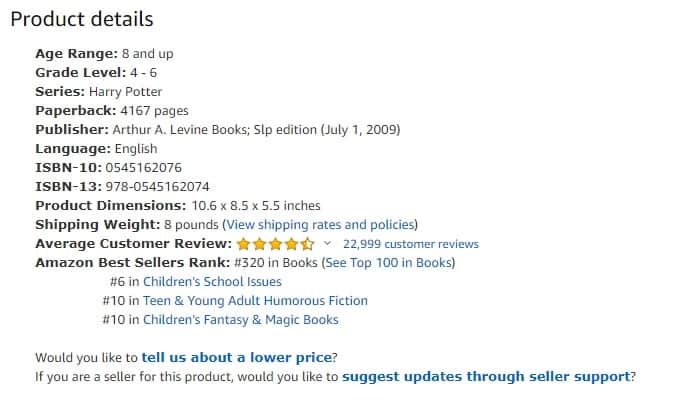Microsoft Bought its Own Google Glass for $150 Million
Mere days 
In a deal said to be worth up to $150 million, Microsoft bought a collection of 81 patents registered in the US and elsewhere. The deal reportedly went down in November 2013, and it did not include the rest of Osterhout Design Group.
The specific details have not been disclosed by either company, but Ralph Osterhout, the principal at Osterhout Design Group, has confirmed the news. He’s keeping the company independent and already has new tech under development.
The Osterhout Design Group is primarily a government contractor with military and other government organizations as its customers, but according to Osterhout the firm doesn’t build weapons. "In terms of what we’re doing, we don’t make weapons. We make things that can help people do their jobs," he says. "The real focus are features that are applicable in the consumer space, too."
There’s a lot of speculation going around concerning what Microsoft might do with the new IP, including the possibility that they might integrate it with the existing Kinect motion tracking tech.
But whatever Microsoft may be planning, it’s probably going to be coming sooner than you might expect. Osterhout has been showing off tech (like the HUD glasses shown above) for several years now. I even found a presentation he gave back in 2011:
This is the tech Microsoft picked up for around $150 million. I’d say that changes the Facebook-Oculus deal slightly, don’t you?
Rather than Facebook making a timely acquisition of a hot tech company, what the Oculus deal now looks like Facebook overpaid, possibly because they were in a hurry to catch up to Microsoft and Google. The Oculus deal doesn’t look like nearly as good of a deal as it did yesterday – not for Facebook and its stockholders, anyway.



No Comments